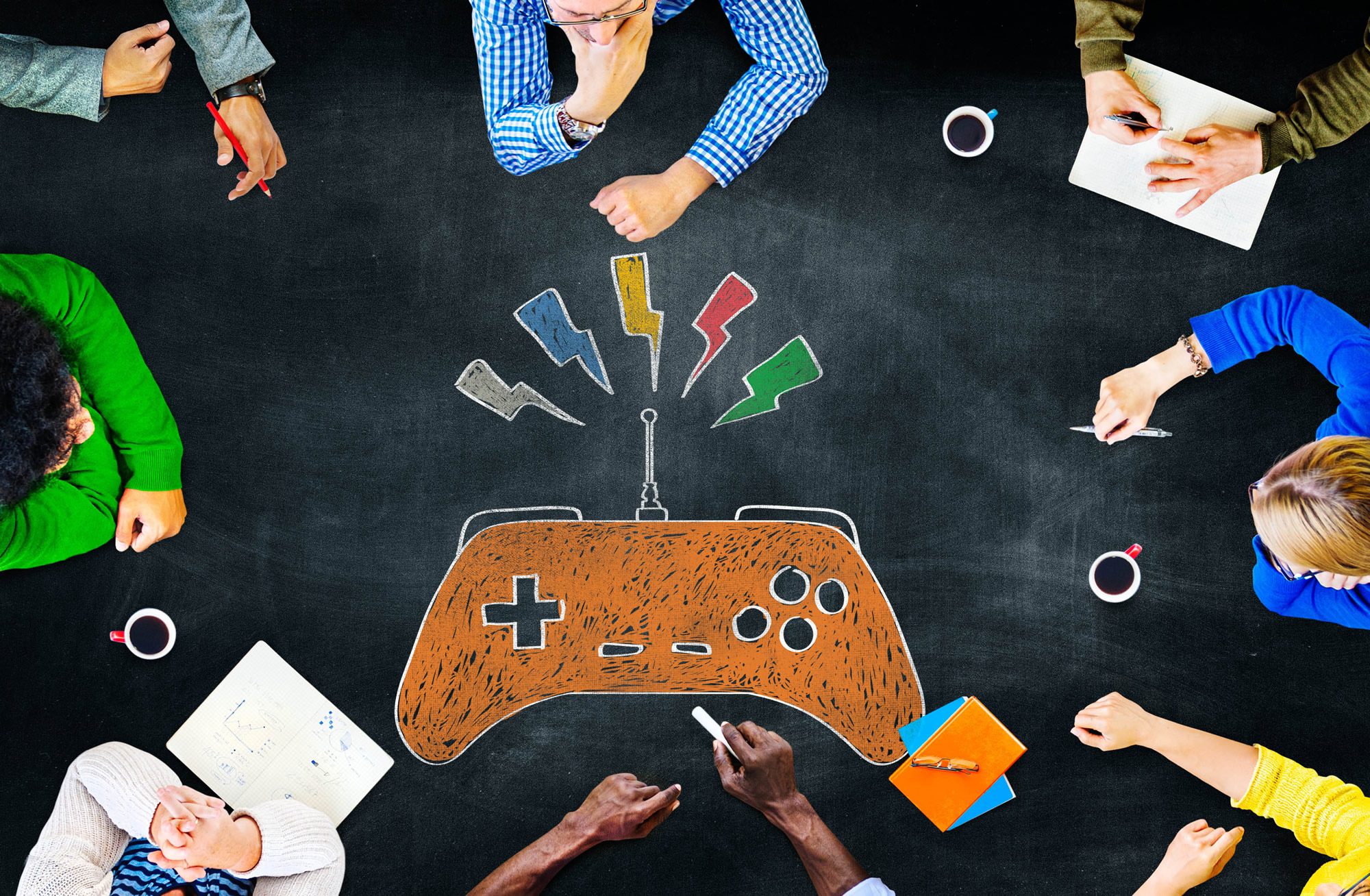Given the constraints of this format, I’ll provide a streamlined version of reviews for 20 educational games, focusing on key aspects like educational goals, gameplay, target age, and unique features. This overview should serve as a concise guide to some of the top educational games available for kids, touching on a variety of subjects and skills.
1. ABCmouse.com
- Educational Goals: Comprehensive curriculum from reading to science
- Gameplay: Interactive lessons and activities
- Age: 2-8 years
- Unique Feature: Over 10,000 learning activities
2. Prodigy Math Game
- Educational Goals: Math skills
- Gameplay: Fantasy RPG with math-based challenges
- Age: 6-14 years
- Unique Feature: Adaptive learning
3. Scratch
- Educational Goals: Coding and logical thinking
- Gameplay: Create stories, games, and animations
- Age: 8+ years
- Unique Feature: Developed by MIT Media Lab
4. Endless Alphabet
- Educational Goals: Vocabulary and spelling
- Gameplay: Interactive word puzzles
- Age: 2-6 years
- Unique Feature: Cute monsters illustrate word meanings
5. Khan Academy Kids
- Educational Goals: Wide range of subjects
- Gameplay: Educational activities and games
- Age: 2-7 years
- Unique Feature: Free, personalized learning
6. DragonBox series
- Educational Goals: Math concepts
- Gameplay: Puzzle-solving
- Age: 4+ years
- Unique Feature: Covers everything from arithmetic to algebra
7. Duolingo
- Educational Goals: Language learning
- Gameplay: Bite-sized lessons
- Age: 10+ years
- Unique Feature: Over 30 languages available
8. Civilization VI
- Educational Goals: History and strategy
- Gameplay: Turn-based strategy game
- Age: 10+ years
- Unique Feature: Learn about world civilizations
9. Toca Boca series
- Educational Goals: Creativity and life skills
- Gameplay: Open-ended exploration
- Age: 4-9 years
- Unique Feature: Wide variety of real-life scenarios
10. Lightbot: Code Hour
- Educational Goals: Programming basics
- Gameplay: Puzzle solving
- Age: 4+ years
- Unique Feature: Introduces coding concepts without text
11. Minecraft: Education Edition
- Educational Goals: Creativity, problem-solving, STEM
- Gameplay: Building and exploration in a blocky universe
- Age: 8+ years
- Unique Feature: Classroom-friendly version with educational resources
12. Starfall
- Educational Goals: Reading, math, and music
- Gameplay: Interactive activities and games
- Age: Pre-K to 3rd grade
- Unique Feature: Emphasizes phonics for early readers
13. PBS Kids Games
- Educational Goals: Diverse subjects through familiar characters
- Gameplay: Wide range of games
- Age: 2-8 years
- Unique Feature: Features characters from PBS Kids shows
14. BrainPOP
- Educational Goals: Various subjects including STEM and social studies
- Gameplay: Educational videos followed by quizzes and activities
- Age: 6-17 years
- Unique Feature: Content tailored for different grade levels
15. Roblox Educational Games
- Educational Goals: Coding, design, and entrepreneurship
- Gameplay: Create and play games
- Age: 7+ years
- Unique Feature: User-generated content with educational focus
16. Quick Math Jr.
- Educational Goals: Basic math skills
- Gameplay: Number games and puzzles
- Age: 3-7 years
- Unique Feature: Handwriting recognition for answers
17. Epic!
- Educational Goals: Reading and literacy
- Gameplay: Digital library access
- Age: 12 and under
- Unique Feature: Over 40,000 books and videos
18. SplashLearn
- Educational Goals: Math and reading
- Gameplay: Curriculum-aligned learning games
- Age: Pre-K to 5th grade
- Unique Feature: Adaptive learning paths
19. Adventure Academy
- Educational Goals: Reading, math, science, and social studies
- Gameplay: MMO with educational quests
- Age: 8-13 years
- Unique Feature: A vast virtual world for exploration and learning
20. National Geographic Kids
- Educational Goals: Geography, science, and culture
- Gameplay: Games, videos, and interactive activities
- Age: 6-14 years
- Unique Feature: Rich educational content from National Geographic
Each of these games offers a unique blend of entertainment and education, designed to engage children in learning through play. They cover a wide range of subjects and skills, from STEM to language learning, making them valuable tools for both in-classroom learning and at-home enrichment.

